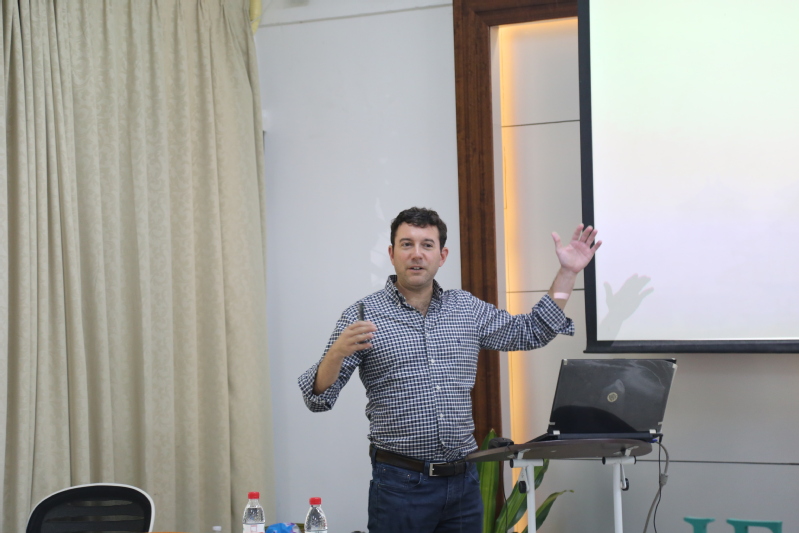2019年9月6日,希伯来大学副教授Avraham Ebenstein作客我院IESR第175期,分享了题为“Childhood Exposure to Particulate Air Pollution and Human Capital Accumulation: Evidence from China”的报告。

This paper examines the impact of childhood exposure to total suspended particulate (TSP) air pollution on human capital development and later labor market success. The analysis relies on a regression discontinuity design (RDD) generated by China’s Huai River Policy, which provided subsidized coal for indoor heating during the winter to cities north of the Huai River but not to those to the south. The key findings are that children born just to the north of the Huai River were exposed to TSP concentrations that were about 50% higher, completed 0.83 fewer years of education, and earned 12%-22% lower incomes as adults, relative to children born just to the south. All findings are robust to using parametric and nonparametric estimation methods to adjust for distance from the Huai River, different kernel types, and alternative bandwidth sizes. The estimation of the income effects uses a RDD to quasi-experimentally vary TSP exposure, while also adjusting for all current city-level determinants of incomes by comparing migrants who are born just to the north and south of the Huai River.
